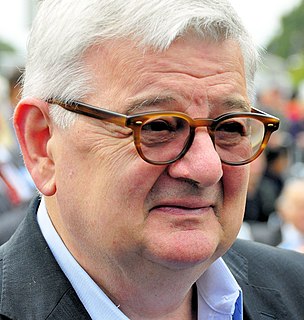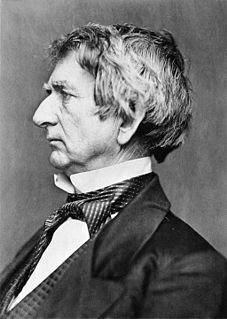A Quote by Linda Colley
Even at its most powerful, Britain always needed alliances with other European states. There would almost certainly have been no British victory at Waterloo, for instance, without the assistance of Prussia.
Related Quotes
For all the chatter that Britain has moved beyond class, recent studies have found that it determines the life chances of British people more today than at any point since the Second World War... A child born into a rich family in Britain will almost certainly live and die rich, while a child born into a poor family will almost certainly live and die poor.
Britain is leaving and has de facto left the European Union; however, it has not withdrawn from its special relationship with the United States and I believe that the UK's relations with Russia depend on Britain's special relationship with the United States rather than on its presence in or absence from the European Union.
Every generation has its war. I have just been reminded of mine. It ended in 1989, 43 years after it began, the longest war Britain fought and certainly the most expensive. Its climax was total victory. Yet there was no parade, no medals, no colours hung in cathedrals. The Cold War saw no battles and cost almost no blood. Where there is no blood there is no glory and hence no history. Asked What did you do in the war, Daddy?, I could say only that I paid my taxes and left it at that.
Most Britons still lived and died without encountering anyone whose skin colour was different from their own. Slaves, in short, did not threaten, at least as far as the British at home were concerned. Bestowing freedom upon them seemed therefore purely an act of humanity and will, an achievement that would be to Great Britain's economic detriment, perhaps, but would have few other domestic consequences.
David Lloyd George had been to Germany, and been so dazzled by the Führer that he compared him to George Washington. Hitler was a 'born leader', declared the befuddled former British Prime Minister. He wished that Britain had 'a man of his supreme quality at the head of affairs in our country today'. This from the hero of the First World War! The man who had led Britain to victory over the Kaiser!
In the old days it would have been a relatively simple matter to have checked Hitler's territorial ambitions. All you'd have needed would have been the 1914 combination of Britain, France and Russia. Indeed, if such an alliance had acted decisively to defend Czechoslovakia in 1938, Hitler might even have been overthrown by his own military. But it was not to be.
All human beings are moral beings. So, certainly there are alliances. We are in the countries, that are secular states, and we obey its laws. I think we must recognize that common moral base. But in alliances we must always be careful just of what level the alliance is perceived. I will go and lecture to an atheist society, for example, but I will not lecture for them, because I am not an atheist. You see the difference.
The events in Prague, together with the Berlin blockade, convinced the European recipients of American economic assistance that they needed military protection as well: that led them to request the creation of a North Atlantic Treaty Organization, which committed the United States for the first time ever to the peacetime defense of Western Europe.
British rule depends upon repression and collaboration and the Irish people should recognise that those who collaborate with Britain in exchange for a slice of the cake will implement British policy and remain silent when Irish people are murdered and oppressed. It is they who are responsible for prolonging the war in Ireland. Without the quislings, without the collaborators, we would already have reached freedom.






































